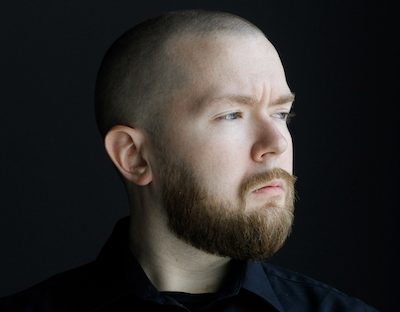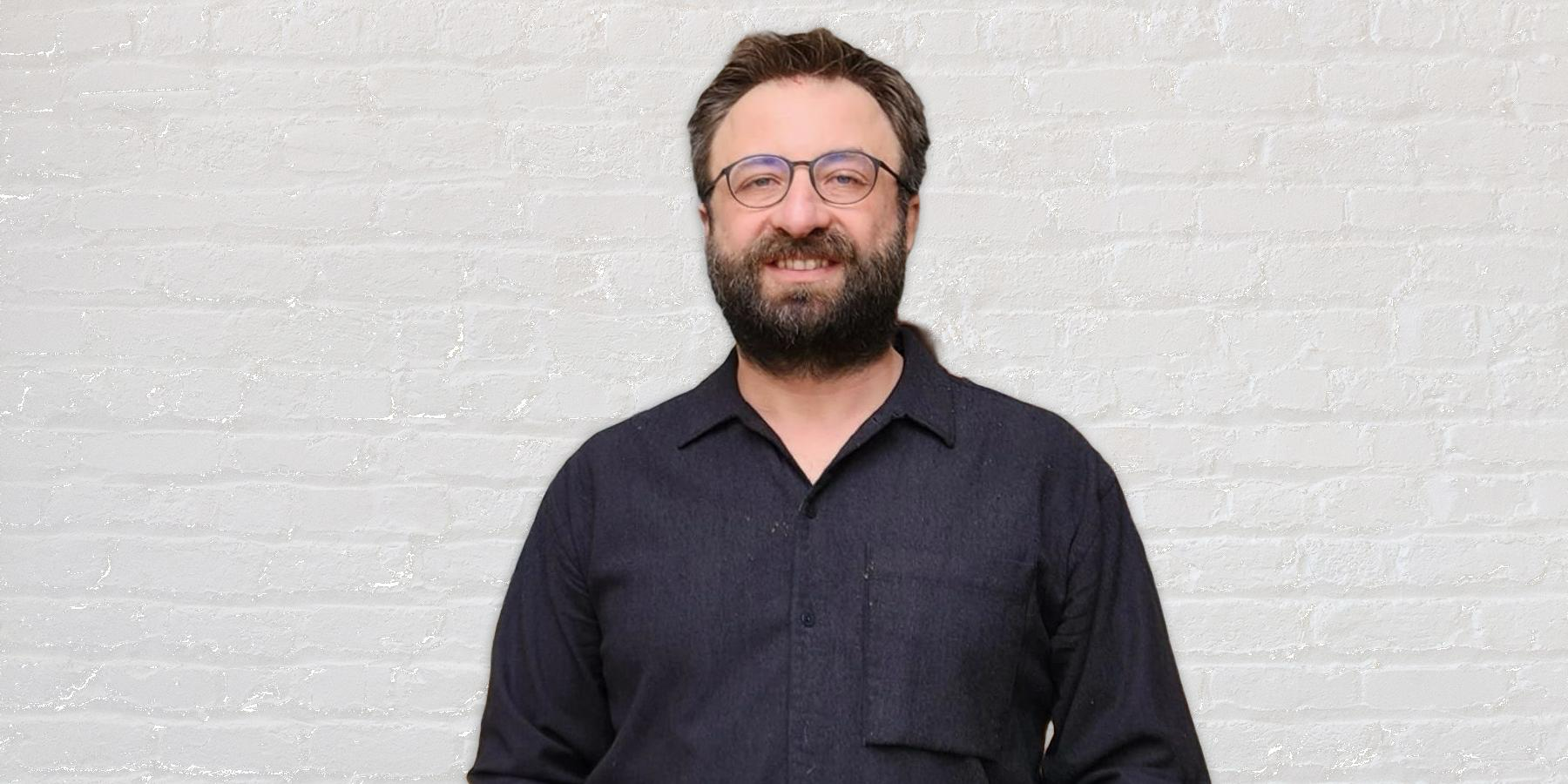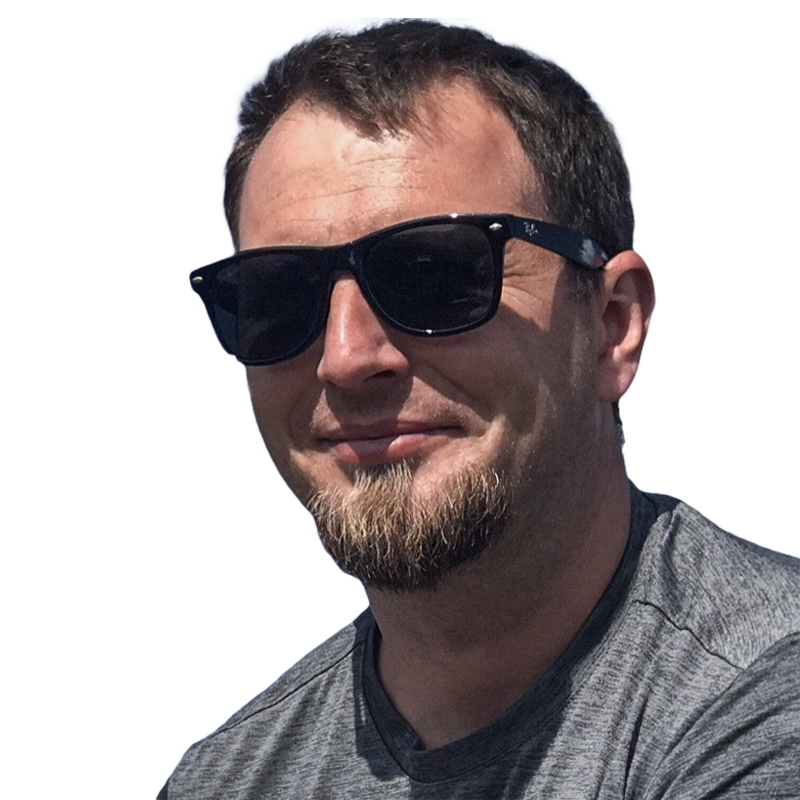
ASIMOV Platform - Conversational Knowledge Capture Using the KNOW Ontology
Join us for a comprehensive tutorial on capturing and modeling everyday knowledge using large language models (LLMs) and symbolic knowledge graphs (KGs), geared toward real-world AI applications. We'll begin by exploring the integration of LLMs with KGs—what we call the neurosymbolic synthesis—to create AI systems that are practical, trustworthy, explainable, and fully interoperable.
Next, we'll dive into the KNOW ontology, specially designed to enhance LLMs for applications such as personal AI assistants. We'll discuss its broad application across various domains of human life, from routine activities to significant life events, demonstrating its versatility in modeling real-world scenarios.
In our hands-on final section, participants will engage directly with ontology-guided knowledge capture using a popular open-source LLM. We'll explore the advantages and challenges of fine-tuning versus prompt engineering and showcase the practical differences between traditional retrieval-augmented generation (RAG) methods and those augmented with our advanced KG techniques, setting the stage for a discussion on the future of industry practices.
- Conference
- EKAW 2024
- Building
- Conference Centre
- Location
- Amsterdam, Netherlands
Organizers
Hear from researchers and practitioners building a real-world neurosymbolic developer platform for enterprises.

Arto Bendiken
Chief Technology Officer, Haltia.AI
Arto Bendiken brings over 25 years of experience in software engineering and artificial intelligence, with a specialization in semantic technology and knowledge graphs. His pioneering work has significantly influenced the development of decentralized graph database technologies. Previously, as co-founder and CTO of Dydra, he developed precursors of the technology that now forms the foundation of Haltia.AI’s ASIMOV platform. He leads the KNOW initiative.

Dr. Tolga Çöplü
Head of Research, Haltia.AI
Dr. Tolga Çöplü is an expert in integrating communication technologies with machine learning, boasting over two decades of research and development experience. His research focus is on the practical application of neurosymbolic AI to enhance the personalization and precision of real-world AI deployments. Dr. Çöplü has authored numerous academic works and leads Haltia.AI’s research team in applying symbolic AI to large language models.

Andrii Skomorokhov
Research Lead, NLP, Haltia.AI
Andrii Skomorokhov has over 15 years of experience developing complex data management systems and AI applications. At Haltia.AI, he focuses on applying large language model adapters to construct comprehensive knowledge graphs from extensive datasets, enhancing AI personalization and mobile assistant technologies. His research contributes to the development of privacy-centric, on-device AI solutions.
A half-day tutorial at the EKAW 2024 conference.
Designed for both new and seasoned researchers in neurosymbolic AI, this tutorial is ideal for professionals looking to deepen their understanding of knowledge capture in AI and those developing applications that leverage personal data insights. Specific timings to be announced post-program finalization.

Examine the historical convergence of LLMs and KGs, and the necessity of each for advancing AI.
Illustrate how the KNOW Ontology operationalizes real-world data for AI.
Compare traditional RAG with KG-enhanced approaches to understand trade-offs.
A Brief History of Two Tribes of AI
Why LLMs Need KGs
Why KGs Need LLMs
The Synthesis
Why Isn’t Everyone Doing This?
Part I: The Neurosymbolic Synthesis
Examine the historical convergence of LLMs and KGs, and the necessity of each for advancing AI.
A Brief History of Two Tribes of AI
Why LLMs Need KGs
Why KGs Need LLMs
The Synthesis
Why Isn’t Everyone Doing This?
Part II: The KNOW Ontology in Action
Illustrate how the KNOW Ontology operationalizes real-world data for AI.
Why Ontologies Matter for KR&R
Modeling the Real World
Use Case: Personal AI Assistants
Using the Ontology in KGs
Using the Ontology Elsewhere
Example Scenarios
Part III: Hands-on Ontology-Guided Knowledge Capture
Compare traditional RAG with KG-enhanced approaches to understand trade-offs.
Motivating Examples
Conversational Knowledge Capture
Knowledge Storage
Knowledge Utilization 101
Differences: RAG vs KG-RAG
